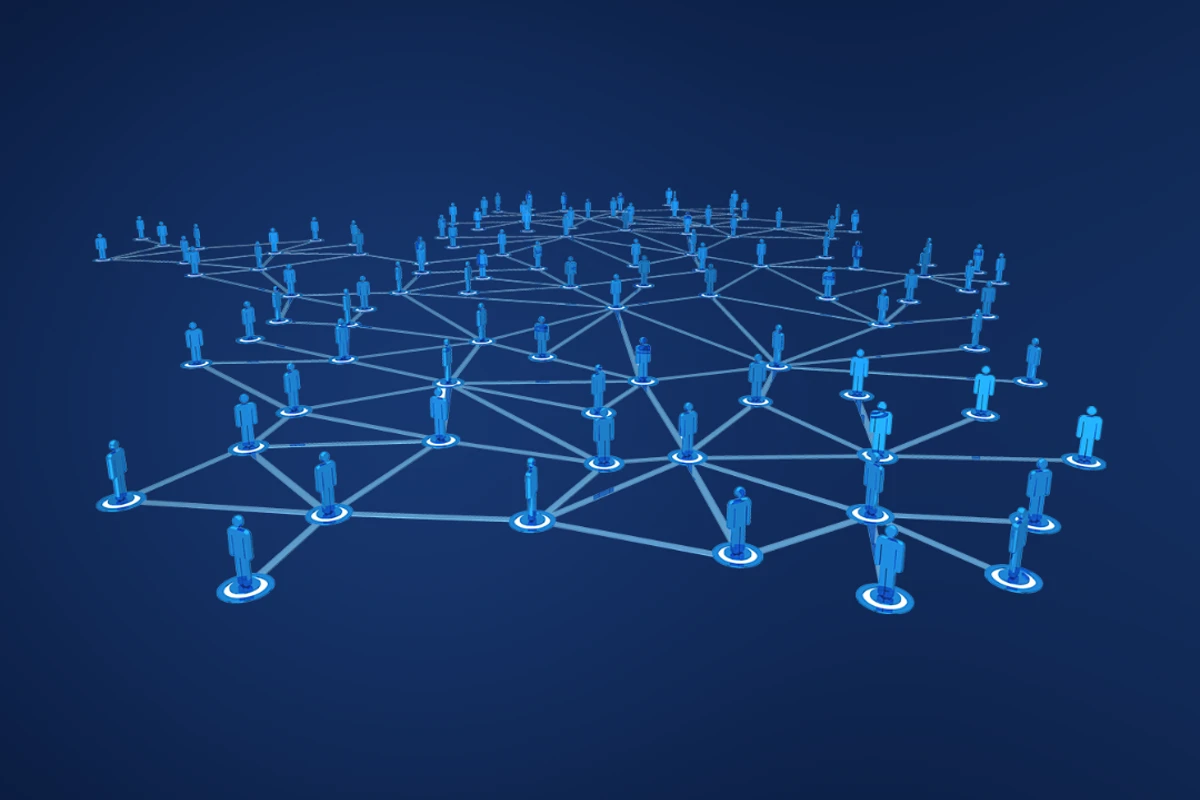
As we enter the final month of 2024, it feels like the right time to reflect on my journey. Last October, I made the leap from a stable job to go all-in with Concise. I started with only a few professional connections but I quickly discovered how supportive the Guernsey community is. A small number of initial casual introductions turned into over 50 coffee meetings with potential clients, mentors, and like-minded individuals—averaging about one new conversation per week. For a natural introvert, this has been both my biggest challenge and greatest reward.
It’s a network built on genuine interactions. Many new clients and collaborators have come through personal connections and referrals. I’ve been keeping track of who I meet and when, including who introduced me and their job titles but I haven’t added any metrics to measure the value of these relationships. This got me thinking, how does one quantitatively measure the strength of human connections? Is it even possible?
To understand what it means to have a “strong” business relationship, I turned to research in psychology and sociology where relationship strength is often described by factors like trust, frequency of interaction, and shared goals. In personal relationships, we consider someone a close friend if we can trust them unconditionally. In business, however, trust is more about confidence in someone's ability to deliver on a project or represent us well to others.
This echoes what Stephen Covey writes in The Speed of Trust, which outlines behaviours and principles that cultivate authentic connections—like honesty, transparency, and respect. But what actual data could I use to measure this? Should I start handing out surveys after each coffee meet?
In looking deeper into the power of relationships, I came across Mark Granovetter’s 1973 study, which revealed a surprising insight: weak ties—those loose, casual acquaintances—are often more impactful than strong ones. Through a survey of how men found jobs, Granovetter found that weak ties provided more new job opportunities than close friends or family. Recent studies by researchers at MIT and Stanford have even reaffirmed this idea in the digital age, showing how our most casual LinkedIn connections can offer career-boosting opportunities. Weak ties connect us to networks outside our own, providing fresh information, perspectives, and resources.
This finding is counterintuitive to the idea that strong relationships are the most valuable, at least in a business sense. If weak ties—the casual connections that may drift in and out of our lives—hold the key to fresh opportunities, maybe we shouldn’t be so focused on quantifying the closeness of relationships at all.
For my business, this “weak tie” effect has been significant. Many of those coffee meetings didn’t lead directly to sales but opened doors to referrals, insights, and new ideas. Even if some connections were fleeting, each had the potential to build what researchers call “social capital.” —the intangible value we gain through our relationships and reputation within a community. Unlike financial capital, social capital isn’t something we can store or easily quantify; it’s a relational asset that provides access to information, influence, and resources that can’t be captured in a spreadsheet. For Concise, each conversation and collaboration has been an investment in this social capital, not only for me but for the community of data professionals, entrepreneurs, and clients around me.
As I reflect on this year, I’m struck by the impact of community, not just in numbers but in real, personal connections that I’ve built. Business isn’t just about transactions; it’s about trust, mutual respect, and the shared goal of growth. I look forward to continuing to grow my network in the new year, without feeling the need to make it into a data project. If you’d like to connect or join our community of data enthusiasts, reach out through email or LinkedIn.
